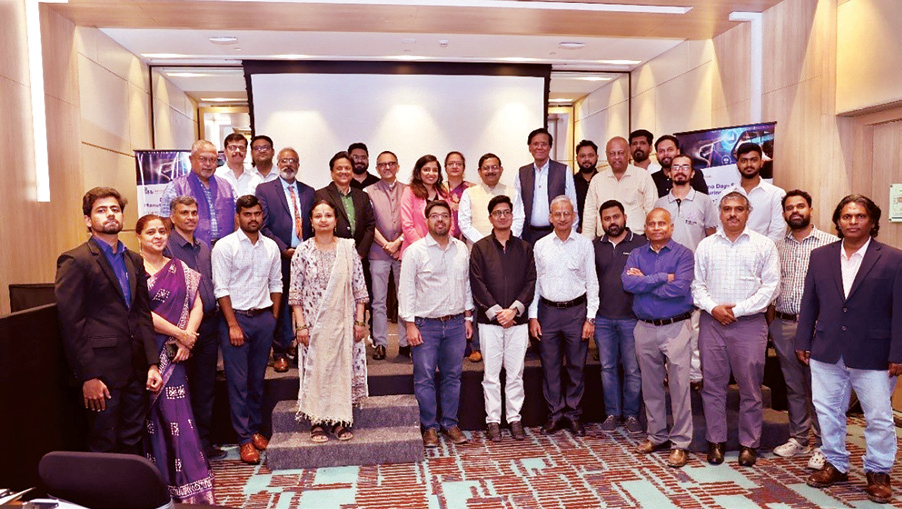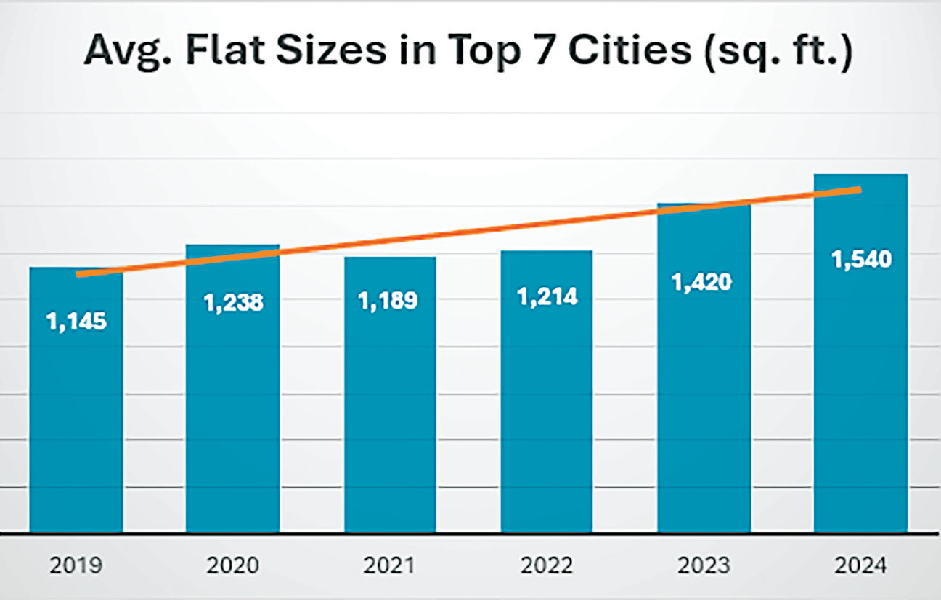
India unlikely to join global cooling pledge at COP28: Govt
Soumik Dutta | NT
Bengaluru: India is unlikely to sign a global pledge to reduce cooling-related emissions at the COP 28 climate meeting, citing the reason that it is the need for the world's most populous country to have affordable cooling, according to the Ministry of New and Renewable Energy.
The pledge to cut coolingrelated carbon dioxide emissions by at least 68% till 2050, compared with 2022 levels was developed by the United Nations Environment Programme's (UNEP) Cool Coalition and COP28 host the United Arab Emirates.
The pledge would require major investments by countries to shift to sustainable cooling technologies and also raise the cost of such products.
With climate warming leading to more air conditioning use worldwide, dozens of countries including China, India and the United States are being asked to commit to a global pledge that would require at least a 68% reduction in cooling-related emissions by 2050.
The Global Cooling Pledge set to be announced at the upcoming United Nations climate summit, COP28 represents a tough request given the cooling industry is only expected to grow.
The emissions from both the refrigerants and the energy used in cooling now account for about 7% of global greenhouse gas emissions, and are expected to triple by 2050 as temperatures continue to rise.
There will be about 3 billion more air conditioners installed around the world beyond the roughly 2 billion currently in use. The COP28 Presidency held by the United Arab Emirates is surprisingly, leading the pledge alongside the U.N. Environment Programme's (UNEP)Cool Coalition.
Achieving the pledge's commitments will require major investment in the rollout of more sustainable cooling technology, aided by government incentives and bulk procurement.
It also would likely need electric grids to switch to renewables, as today's use of AC and fans to keep cool accounts for nearly 20% of global electricity consumption, according to the International Energy Agency.
This would include tackling hydrofluorocarbons (HFCs) used in refrigerants, but also electricity consumption.
The pledge adds to efforts started under the 2016 Kigali Amendment to the Montreal Protocol, which calls for a gradual reduction in the production and consumption of HFCs, one of the most potent greenhouse gases used in cooling technologies worldwide.
Many nations are expected to announce their decision on the cooling pledge at the annual climate conference in Dubai from Nov. 30 to Dec. 12.
India and China, two of the world's key economies and carbon emitters with a combined population of over 2.8 billion, are key to the success of the cooling pledge.
India is not willing to undertake targets above those it committed to in 1992 under the multilateral Montreal Protocol to regulate production and consumption of ozone depleting chemicals and hydro fluorocarbons used in refrigerators, air conditioners and insulating foams.
 English daily published in Bengaluru & Doha
English daily published in Bengaluru & Doha






